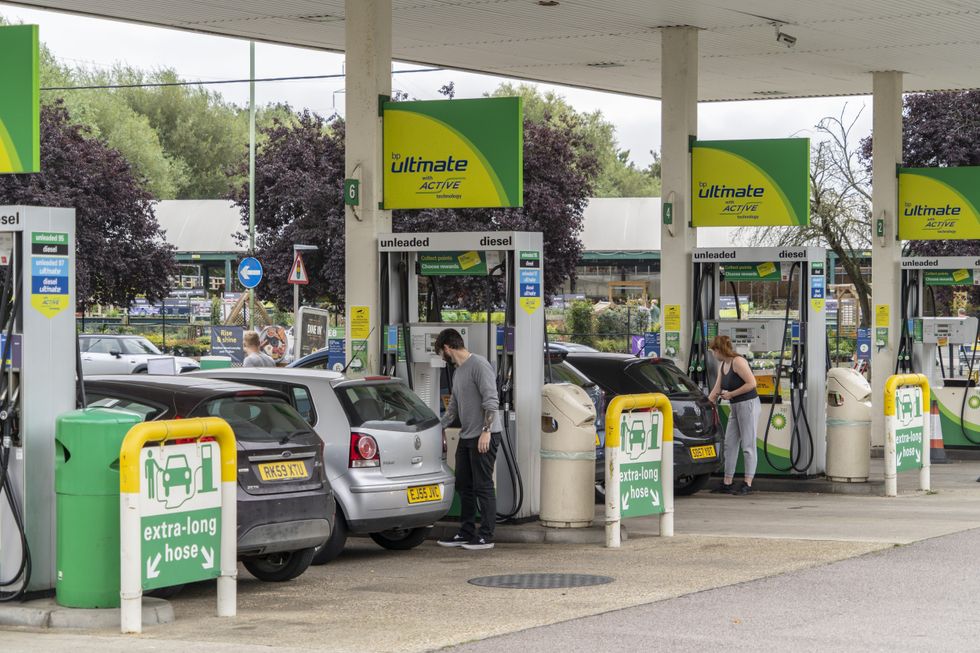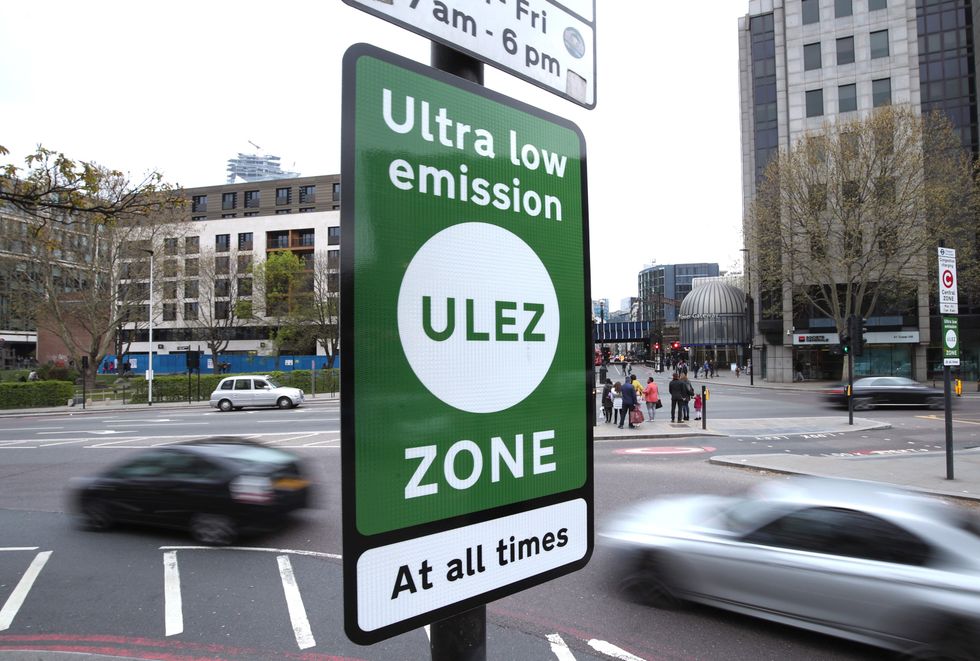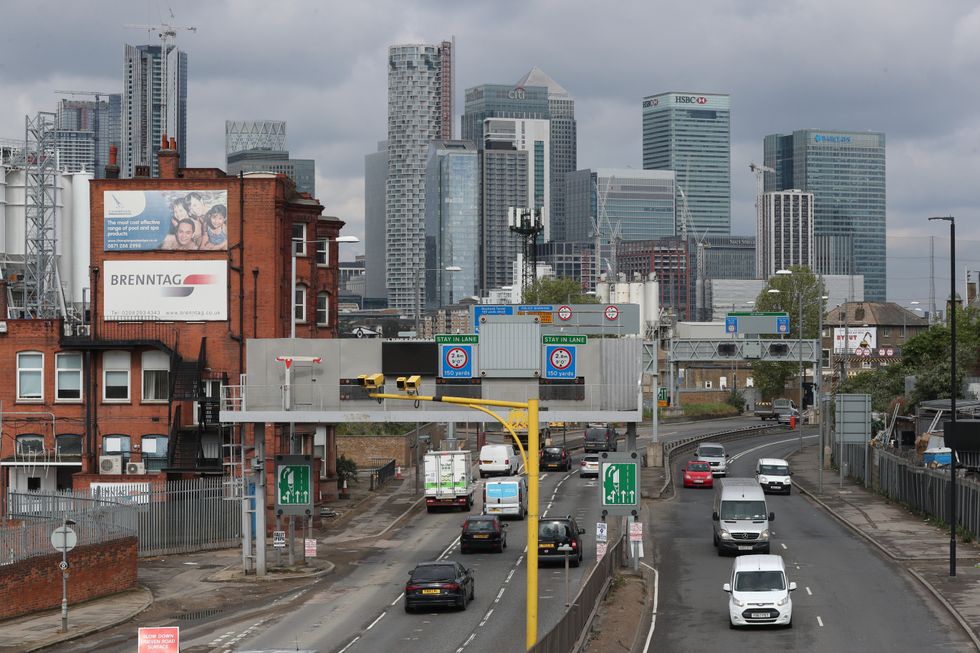Britons are being warned of the new driving rules set to be rolled out in September as motorists will see new number plates, new fuel changes and the end to a popular scheme.
September will be a big month for motorists with new rules impacting how much drivers are set to be paid by their employers, as well as petrol and diesel vehicle owners potentially losing out on the chance to earn money for scrapping their cars.
With the new rules being introduced over the next few weeks, GB News has rounded up the most important driving law changes in August that could impact you.
Do you have a story you’d like to share? Get in touch by emailingmotoring@gbnews.uk
The new number plates will launch on September 1
PA
Number plate changes
From September 1, Britons will see the newest vehicles on forecourts and inside dealerships come equipped with a new “74” identifier on the number plate.
This is the second licence plate change of the year after the introduction of the “24” number identifier which was launched on March 1, in keeping with tradition since 2001.
The new number plates will help motorists spot which cars on the road are the latest models, although it could have a knock-on effect for anyone trying to sell their older vehicles.

Motorists could see a drop in how much they are paid to drive for work
GETTY
Advisory fuel rates
The start of the month will also see new rates for employees using company cars which can be used to either reimburse employees for business travel or to repay the cost of fuel used for private travel.
Drivers are being warned that they may lose out on money with HMRC confirming that rates for electric vehicles would drop again to 7p per mile, after falling from 9p in March and 8p in June.
Motorists will face new rates for petrol cars regardless of the size of their engines, with prices falling by between one and two pence. The same reductions will be seen for diesel vehicles, while LPG rates will remain frozen at 11p (under 1,400cc), 13p between 1,401cc and 2,000cc) and 21p (over 2,000cc).

The Ulez scrappage scheme will wind down in the first week of September
PA
Ulez Scrappage scheme
Transport for London shocked motorists in August when it announced it was calling for the Ultra Low Emission Zone scrappage scheme to be phased out, with the deadline for new applications coming on September 7.
London Mayor Sadiq Khan said he was “proud” of the scrappage scheme to have helped almost 54,000 applicants switch to cleaner modes of transport since it was launched in January last year, as well as a 53 per cent drop in non-compliant vehicles compared to June 2023.
So far, £186million has been given out, with Khan pledging to keep funds available to transport donated vehicles to Ukraine. Other grace periods will remain beyond the September deadline, including for minibuses used by not-for-profit organisations for community transport, which has been extended to October 2027.
LATEST DEVELOPMENTS:
 The SIlvertown Tunnel is expected to open in 2025 PA
The SIlvertown Tunnel is expected to open in 2025 PASilvertown Tunnel consultation
The consultation for the user charge of Silvertown and Blackwall Tunnels will end on September 3, as residents give their responses about proposals to charge motorists when the Silvertown Tunnel opens in 2025.
Drivers could face a standard off-peak rate of £1.50 for cars, motorbikes and small vans, with peak chargers of £1 more than standard off-peak charges for motorbikes and an extra £2.50 for cars and small vans, which would apply for four hours northbound in the morning (from 6am to 10am) and three hours southbound in the evening (from 4pm to 7pm), Monday to Friday.
The charges will be introduced for using the Silvertown and Blackwall Tunnels between 06:00 and 22:00, seven days a week. Sadiq Khan said: “When it opens in 2025, the long-planned new Silvertown Tunnel will help deliver quicker, more reliable journeys in east London by easing congestion and making journeys up to 20 minutes faster.
“The Silvertown Tunnel scheme has been years in the making, first developed back in 2012. Since I became Mayor in 2016, we have worked to improve it, adding discounts for low-income residents and local businesses, new bus services, a bespoke cycle shuttle service and free cross-river bus and DLR transport for at least the first year.”

